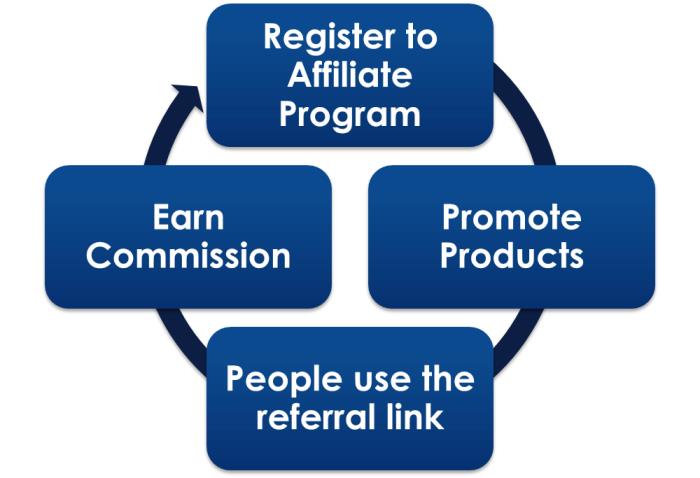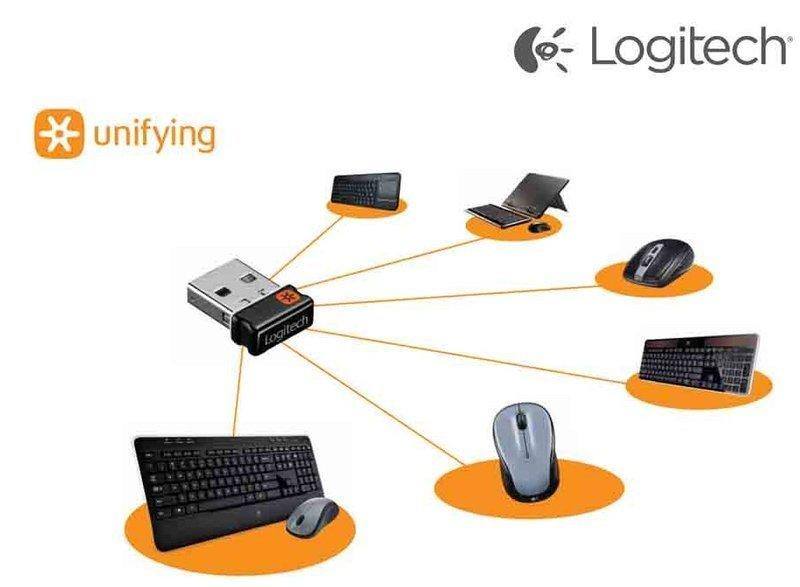What is Digital Identity Solutions: Best Methods

digital identity solutions: digital identity verification refers to the process of confirming and validating the identity of individuals or entities in the digital realm. It involves the use of digital technologies, data validation, and authentication mechanisms to establish trust and ensure the accuracy of identity claims.
This blog post delves into the concept of digital identification verification, highlights its significance, and explores the distinction between verification and authentication. Join us as we unlock the potential of digital verification.
What is Digital Identity solutions?
What is Digital Identity Verification:
The digital identity definition refers to the online representation of an individual’s personal information and attributes used for identification and authentication purposes.
Digital ID verification refers to the process of confirming and validating the identity of individuals or entities in the digital realm. It involves the use of digital technologies, data validation, and authentication mechanisms to establish trust and ensure the accuracy of identity claims.
Verification of identity is the process of ensuring the accuracy of an individual’s claimed identity through various means such as biometrics, document verification, and data analysis. Identity verification systems are technology-based solutions that validate authenticity and accuracy through various methods for digital identity solutions.
Identity Verification Methods:

Digital Identity Solutions
There are several types of digital identity verification methods used to confirm the authenticity and accuracy of an individual’s identity. Here are some common methods:
- Document Verification: This method involves verifying government-issued identification documents, such as passports, driver’s licenses, or identity cards, to validate the individual’s identity.
- Biometric Authentication: Biometric methods use unique physical or behavioral characteristics of an individual, such as fingerprints, facial recognition, iris scans, or voice recognition, to match against stored biometric data for identity verification.
- Knowledge-Based Authentication (KBA): KBA verifies identity by asking individuals specific questions about personal information, such as previous addresses, financial history, or other details that only a legitimate individual would know.
- Two-Factor Authentication (2FA): This method combines something the individual knows (like a password or PIN) with something they possess (such as a physical token or mobile device) to verify their identity.
- Social Media Profiling: Identity verification can involve analyzing an individual’s social media presence and activity to assess if the information aligns with their claimed identity.
- Address Verification: This method involves verifying an individual’s address by cross-referencing the provided address details with official records or utility bills.
- Video Verification: Video-based verification requires individuals to participate in a live video session where they present their identification documents or answer specific questions to confirm their identity.
- Third-Party Data Verification: This method involves using external databases and trusted data sources to verify the accuracy and consistency of the provided personal information.
- Mobile Verification: Mobile-based identity verification utilizes mobile devices and associated data, such as SIM cards or device information, to authenticate the Digital Identity Solutions of the user.
Different organizations and industries may employ different combinations of these methods based on their specific Digital Identity Solutions requirements and risk profiles.
What is ID verification?
ID verification is the process of confirming the authenticity and validity of an individual’s identity using documents, biometrics, and data analysis to establish trust and prevent fraud.
How does ID verification work?

Digital Identity Solutions
Digital identity verification works by validating the authenticity and accuracy of an individual’s identity. It typically involves the collection of personal information and documents, which are then verified using various methods like document analysis, biometric matching, and data cross-referencing to ensure the person’s claimed identity is legitimate and accurate.
To authenticate an individual’s identity, we can cross-reference their details, like names, dates of birth, and addresses, with reliable digital databases such as credit bureaus, government records, or mobile operator databases. Strengthening the verification process involves incorporating negative data sets (information not associated with that identity) and utilizing innovative data sources to enhance confidence in the authenticity of the identity.
Digital identity verification expedites the verification procedure, addressing the need for swift processes in today’s digital era, where online transactions are prevalent. Customers now anticipate the ability to swiftly sign up for products or services and commence using them promptly, necessitating that identity verification does not excessively disrupt or hinder the customer experience.
Digital Identity Examples:
Some examples of digital identity solutions include:
- Usernames and passwords are commonly used for authentication and access control on various online platforms.
- Biometric data: unique physical or behavioral characteristics like fingerprints, facial recognition, or voice prints used for identity verification.
- Digital certificates are cryptographically signed digital documents that verify the identity and authenticity of individuals or entities in online transactions.
- Social media profiles: online profiles on platforms like Facebook, LinkedIn, or Twitter that represent individuals and provide a digital identity.
- Government-issued digital IDs are digital versions of official identification documents like driver’s licenses or passports that can be used for online identification.
- Mobile device identities: unique identifiers associated with mobile devices, such as IMEI numbers or mobile network subscriber identities (MSISDN), are used for authentication and device recognition.
- Digital wallets: virtual wallets or payment applications that store and authenticate a user’s financial information and digital payment credentials.
- Blockchain-based identities: Decentralized digital identities are stored on a blockchain, offering enhanced privacy, security, and control over personal data.
Identity management solutions, or digital identity solutions, offer features such as automated user provisioning, workflow management, password management, SSO, RBAC, and audit capabilities to ensure efficient and secure management of user identities and access rights within an organization.
Online identity verification solutions:
Online identity verification refers to the process of verifying the identity of individuals in digital transactions or interactions. It involves using technologies such as AI, biometrics, and document analysis to authenticate user identities, prevent fraud, and ensure a secure and trustworthy online environment for businesses and users.
Identity verification solution:
A digital identity verification solution, or Digital Identity Solutions, is a comprehensive system that enables businesses to verify the authenticity of individuals’ identities securely and efficiently. It combines various tools and technologies, such as document verification, biometric authentication, and data analysis, to establish trust and prevent identity fraud. Through document verification, individuals’ identity documents are scanned and validated for authenticity.
Biometric authentication involves verifying unique physical or behavioral traits like fingerprints or facial recognition. Data analysis leverages algorithms to cross-reference provided information with trusted data sources for validation. By implementing an identity verification solution, businesses can enhance security, comply with regulations, and build trust with their customers in today’s digital landscape.
Digital identity solutions are technologies and systems that enable the secure and reliable verification and management of individuals’ digital identities in online transactions and interactions.
The Significance of Digital Identification Verification:
- Enhanced Security: Digital identification verification adds an extra layer of security by validating the identity of individuals, reducing the risks of fraud, impersonation, and unauthorized access.
- Improved User Experience: By streamlining the identity verification process digitally, organizations can offer a seamless and convenient user experience, minimizing the need for manual paperwork and physical presence.
- Regulatory Compliance: Many industries, such as finance, healthcare, and e-commerce, are subject to strict regulatory requirements for customer identification. Digital identification verification helps organizations comply with these regulations efficiently.
- Trust and Reputation: Implementing robust digital identification verification measures instill trust among customers, partners, and stakeholders, enhancing an organization’s reputation and credibility for Digital Identity Solutions
Digital Identity Verification vs Authentication:
While digital identification verification and authentication are closely related, they serve different purposes within the realm of identity management:
- Digital Identification Verification: Digital identification verification focuses on establishing the accuracy and authenticity of an individual’s claimed identity. It involves verifying identity attributes, such as name, address, date of birth, and other relevant information, against trusted data sources or documents.
- Authentication: Authentication, on the other hand, is the process of confirming the validity of an individual’s identity when accessing digital services or resources. It typically involves the use of passwords, biometrics, tokens, or multi-factor authentication methods to verify that the individual is who they claim to be.
The Best Digital Identity Verification Companies:
Identity verification solutions play a pivotal role in establishing customer trust, a crucial factor for the success of businesses. In an increasingly digital world plagued by rising fraud and criminal activities, operating without identity verification would leave individuals and organizations vulnerable to risks. Adhering to the “know your customer” (KYC) principle is not only a legal obligation for regulated industries but also a recommended practice for all businesses.
Digital identity verification enables companies to ascertain the true identity of individuals before engaging in any potentially harmful transactions, safeguarding the interests of both the business and the individual involved.
- Onfido: Onfido provides AI-powered identity verification solutions that help businesses verify identities remotely, preventing fraud and improving customer onboarding experiences.
- Jumio: Jumio offers identity verification and authentication solutions that utilize AI, machine learning, and biometrics to deliver real-time identity verification for businesses across various industries.
- Idemia: Idemia specializes in digital security and identification solutions, Digital Identity Solutions, offering identity verification services that combine biometrics, document authentication, and advanced analytics.
- Socure: Socure provides digital identity verification solutions leveraging artificial intelligence and machine learning algorithms to verify identities in real time, enabling businesses to prevent fraud and streamline customer experiences.
- Veriff: Veriff offers an AI-powered identity verification platform that enables businesses to verify identities quickly and securely, utilizing a combination of document verification and biometric analysis.
ReCap: Digital Identity Solutions

Digital Identity Solutions
Digital identity verification plays a vital role in establishing trust, enhancing security, and complying with regulatory requirements in today’s digital landscape. By embracing digital identification verification solutions, organizations can mitigate fraud risks, improve user experiences, and build a strong foundation for secure digital interactions. Understanding the distinction between verification and authentication is key to implementing effective identity management practices. As technology advances, companies specializing in digital identification verification continue to innovate, providing businesses with reliable and efficient solutions to meet their identity verification needs.
Organizations that fail to earn the trust of consumers eventually face a decline in business. This is why it is crucial to have stringent authentication measures in place.
Insufficient digital identity verification systems are easily exploited by cybercriminals, leading to compromised consumer identities and damage to a brand’s reputation.
For digital identity solutions, businesses should prioritize implementing a strong customer identity and access management (CIAM) solution that ensures secure identity verification while maintaining a seamless user experience.
LoginRadius offers an advanced CIAM solution that can be the ideal option for protecting sensitive consumer data and providing a reliable authentication mechanism supported by an excellent user experience.
How does blockchain digital identity verification work?
Blockchain technology enables auditable, traceable, and verifiable identity information in seconds. Individuals can create and manage their profiles, controlling data sharing. With the Proof of Identity (PoID) consensus protocol, each uniquely identified individual receives equal voting power and associated rewards.
The process involves verifying wallet balances and recipient addresses and ensuring secure and tamper-proof transactions. Through consensus algorithms and cryptographic techniques, blockchain verification ensures transaction integrity and immutability.
What is Digital Identity Solutions: 3 Best Methods?
OutLine, we covered on this blog: Digital identity verification vs authentication: what is verification ID, what is ID verification, what is digital identity verification, verify me, verify identity, verify id me, verification of identity, online identity verification solutions, idverify app, idverify, identity verified, identity verification systems, identity verification system, identity verification service, identity verification process, identity verification online, identity verification meaning, best identity verification service. digital id verification, digital verification, free id verification online, free identity check, free identity check online, free identity checks, free identity verification online, free identity verification service, free online id verification, free online identity verification, id me verification, id verification, id verification app, id verification company, airside digital identity, global digital identity: digital identity verification, digital identity solutions



